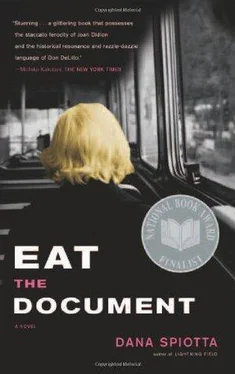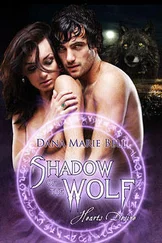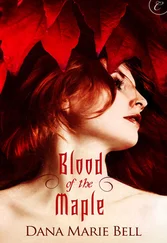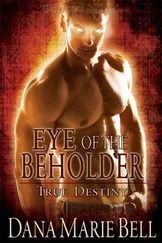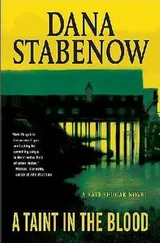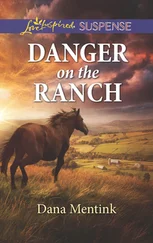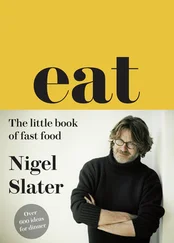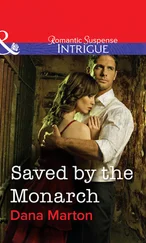As I said, it wasn’t dramatic or at all deliberate. I just started to turn to those records less and less. And when I did listen to them, my mind wandered more and more. I skipped songs. Or maybe it is as simple as I wore out the old material and I ran out of new material to listen to (it is — after all and despite all the bootlegs — ultimately a finite set of work).
Don’t get me wrong. It is not as though I am about to put my half-speed-mastered 180-gram-vinyl Summer Days (and Summer Nights!!) up for auction on eBay anytime soon. Not the rare 1965 British-issue 45, mint and in original sleeve, of “God Only Knows” backed with “Wouldn’t It Be Nice” (worth a considerable amount in the collectors’ market). Not even my used, cheaply issued compact disc version of The Beach Boys Love You (featuring odd, synthetic-sounding keyboards and arguably the strangest album the Beach Boys ever made). No, I will keep all the LPs, all the CDs, all the singles and all the EPs for two important reasons:
First, at some point enough time will have gone by of not listening that I’ll listen again and it might sound fresh and new. It could again totally engage me, maybe in even deeper ways because I’ll be an older, and presumably deeper, person. I might find things in it I never was able to hear before in my younger life. I might become just as enchanted, just as joyously captivated. I could fall in love all over again. All of that could come to pass. It is possible, isn’t it?
The second reason I feel compelled to keep these artifacts is because of something I am quite certain will transpire. I need these records because one day, years from now, I will listen to this music and I will remember exactly what it was like to be me now, or me a year ago, at fifteen, totally inhabited by this work, in this very specific place and time. My Beach Boys records sit there, an aural time capsule wired directly to my soul. Something in that music will recall not just what happened but all of what I felt, all of what I longed for, all of who I used to be. And that will be something, don’t you think?
The following people answered many questions and gave their time to me: Beep Brown, Blake Hayes and Tim Horvath of Cherry Valley, New York. Kristi Kenny at Left Bank Books, Eric Laursen of AWIP, Carter Adamson of Skype, Dustan Sheppard of ICQ. Richard Frasca. David Meyer. George Andreou.
Thank you to Liza Johnson for letting me see her movie. And all the other people who helped me. I am indebted to Cecil B. Currey and his essay “Residual Dioxin in Vietnam.”
Thanks for the practical help that makes writing time possible — Jessie and Ted Dawes, Terry Halbert and Bill Coleman. Special thanks to Willy Brown and Rebecca Wright for the Roseboom Housing Fellowship.
I am so fortunate to have Nan Graham as my editor. Thank you for all your time and attention. Thank you also to Alexis Gargagliano for her hard work. And to Melanie Jackson for her enthusiasm and encouragement.
Thank you, Don. Thank you, Gordon.
Finally, I would be remiss if I did not send a huge and never-ending shout out to Clement and Agnes for all their inspiration and patience.
Dana Spiotta is the author of the novel Lightning Field, a New York Times Notable Book and a Los Angeles Times Best Book of the Year. She lives in Cherry Valley, New York, with her husband and daughter.
